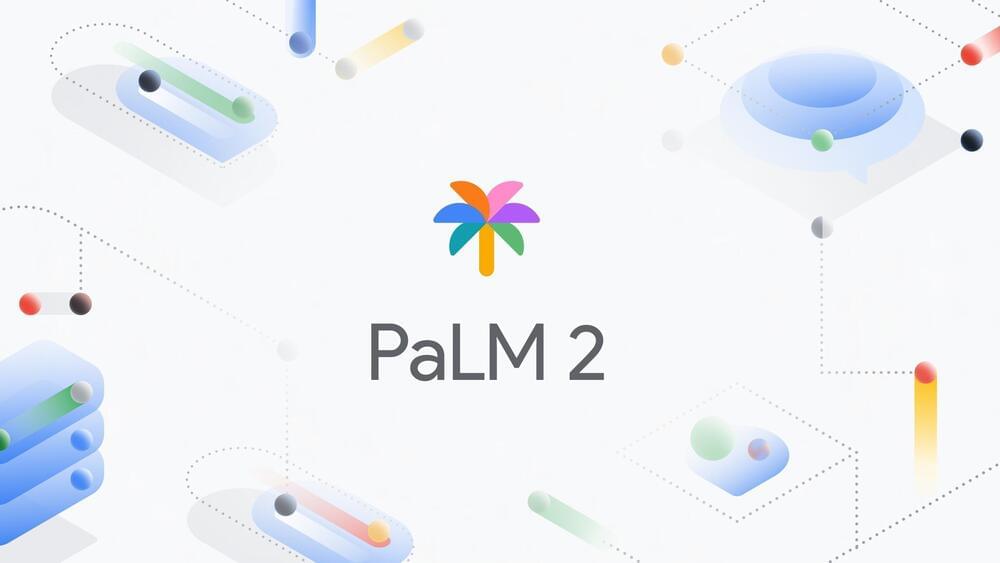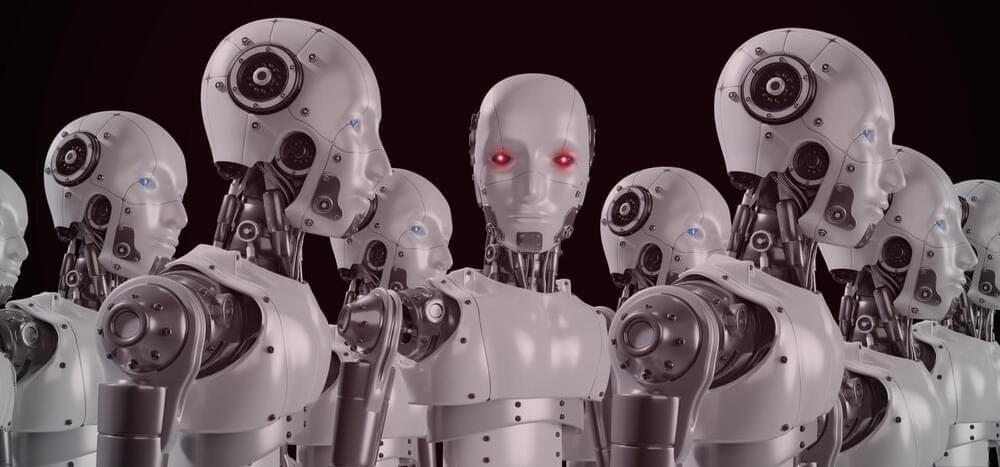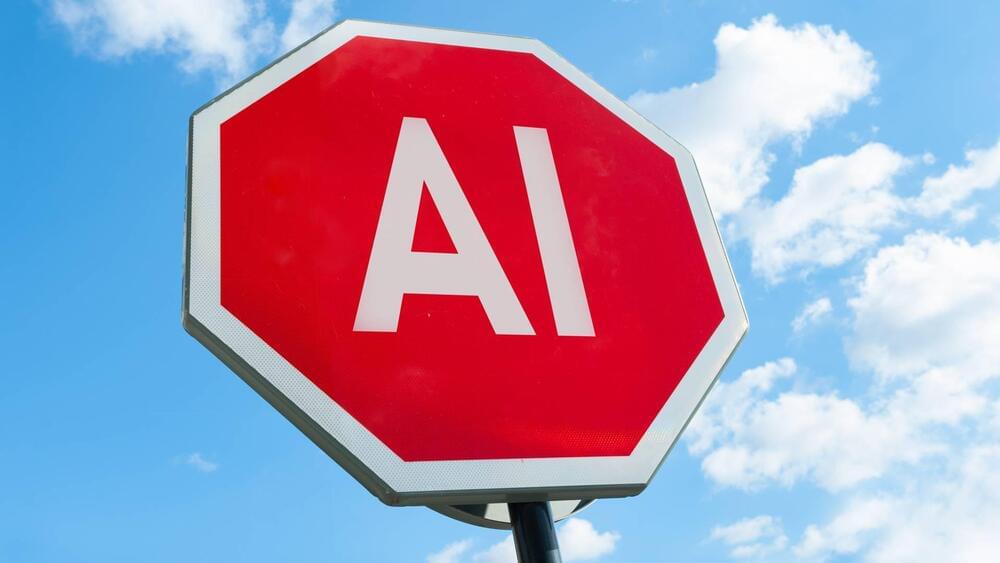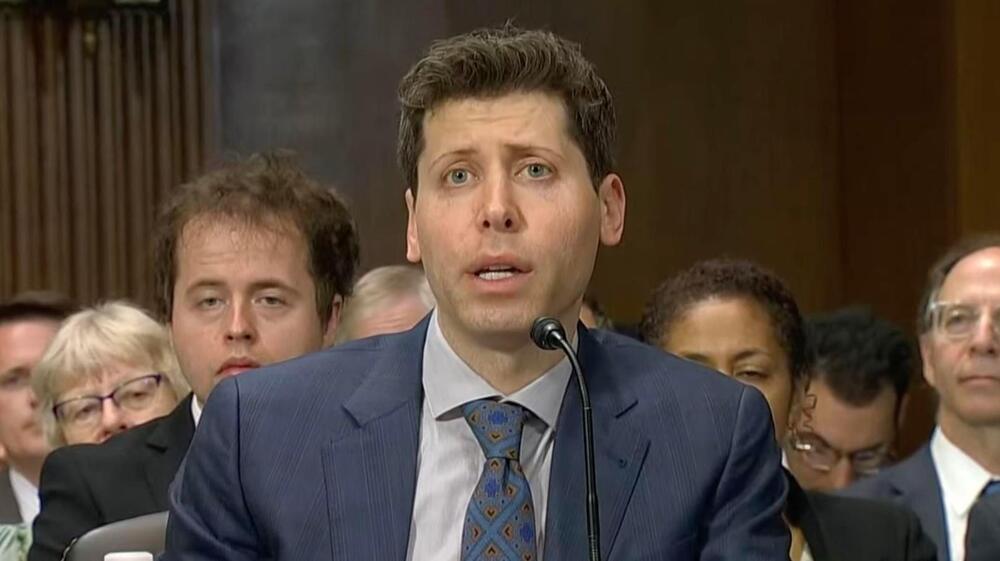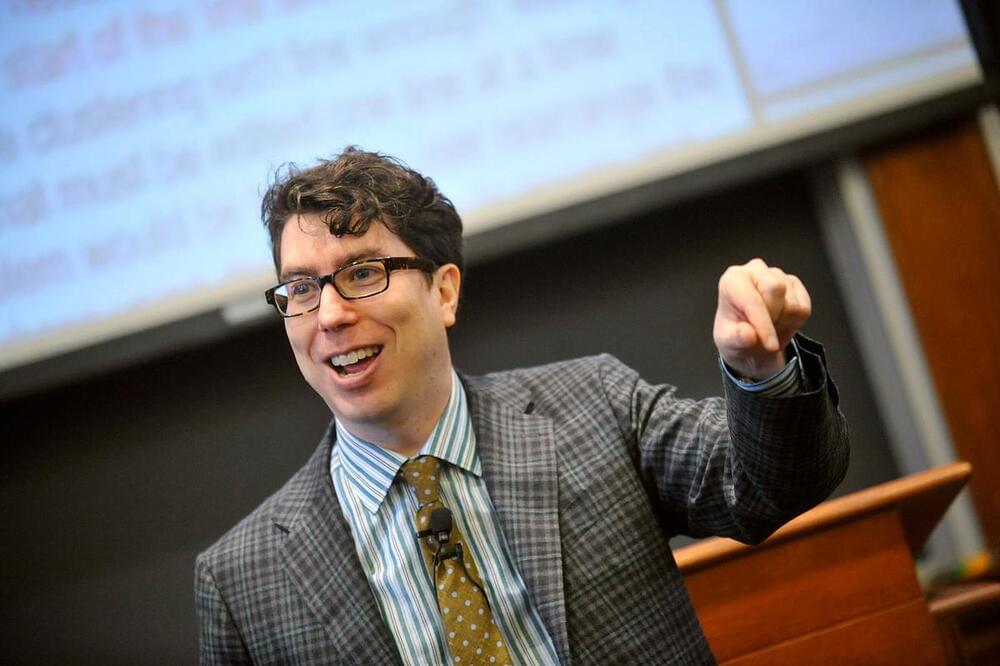Is the Executive Director of the Innovative Genomics Institute (https://innovativegenomics.org/people/brad-ringeisen/), an organization founded by Nobel Prize winner Dr. Jennifer Doudna, on the University of California, Berkeley campus, whose mission is to bridge revolutionary gene editing tool development to affordable and accessible solutions in human health and climate.
Dr. Ringeisen is a physical chemist with a Ph.D. from the University of Wisconsin-Madison, a Bachelor of Science in chemistry from Wake Forest University, a pioneer in the field of live cell printing, and an experienced administrator of scientific research and product development.
Before joining the IGI, Dr. Ringeisen was Director of the Biological Technologies Office at DARPA, where he managed a division working at the cutting edges of biology, physical sciences and engineering. Programs in his office included research in genome editing, epigenetics, neurotechnology, food security and biomanufacturing, as well as diagnostics and therapeutics development.
Prior to DARPA, Dr. Ringeisen ran his own research group at the U.S. Naval Research Laboratory as the head of the Bioenergy and Biofabrication Section where he oversaw diverse research programs including the development and application of laser-assisted printing approaches to biology, development of organs-on-a-chip, microbial energy harvesting and extracellular electron transfer as well as microbial discovery and microbiome characterization.
Dr. Ringeisen now uses his amazing expertise to guide IGI’s scientific and development strategy, but his duties also include promoting entrepreneurship, working with biotech investors and companies to ensure commercial translation of technologies, donor outreach and development, scientific project development and team building, communication with campus leadership, personnel management and mentoring, program management, and reporting and engagement with both Governance and Scientific Advisory Boards.

